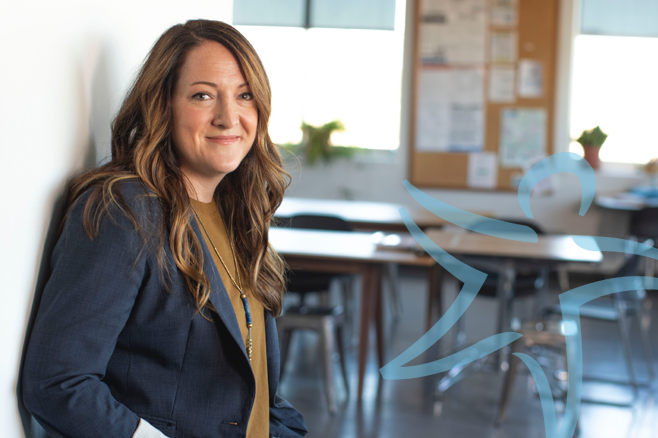Resilience provides hope, an essential experience for not just students but all of the adults working with them. We may not be able to take away toxic stress and trauma a child has experienced during COVID-19 or will continue to experience in their homes or communities post-pandemic, but we can create new experiences of resilience. Being trauma-informed means we take a child’s past and current adverse experience into consideration. Post-disruption recovery will require that educators are always looking for new opportunities and experiences to provide to students which will either uncover their hidden resilience or cultivate characteristics of resilience to positively shift their view of self, others and the environment.
Resilience is the ability to achieve positive outcomes – mentally, emotionally, socially and spiritually – despite adversity
Resilience research points to many characteristics that will protect children when they experience adversity. For example, psychological and emotional attributes and opportunities associated with resilience in children include: above average verbal skills, cognitive and problem solving opportunities and abilities, positive self-esteem, ability to self-regulate behavior, positive expectations about the future, familial and social supports (Loitre, Martin & Linares, 2005; Rice & Groves, 2005). However, there are four main factors we see repeatedly, in almost every article written about childhood resilience;
- Supportive adult-child relationships,
- Sense of self-efficacy and perceived sense of control,
- Adaptive skills and self-regulatory capacities,
- Sources of faith, hope, and cultural traditions that provide meaning and a sense of value in life.
These four main factors align with the Circle of Courage® model of resilience. The following is a look at protective factors that may prevent COVID-19 from being a traumatic experience for children despite exposure to the challenges brought upon by the pandemic.
Belonging, Connections, and Support
- Parents and caregivers that do their best to connect with children throughout the day–even if it is for short but meaningful interactions in between work, household responsibilities.
- Children who have maintained connection with family and friends by texting, emailing, sending letters and setting up calls.
"My friend and I have started this pen-pal thing—we send one letter every week and I put fun things inside like teabags or pressed flowers." - 9th grader
Mastery, ability to engage in and practice hobbies and activities
- Lots of outside activities. Do what you love!
- Online and home opportunities to practice skills – music, dance, academic, language, art, sports, etc.
“My soccer coach has an online call with us every week. When quarantine started I could only juggle the soccer ball on my knee 8 times in a row but now I am up to 16 juggles!" - 5th grader
Independence, choice, and control over self and situations
- Empower children to decide which of a group of activities they can complete through lists and/or choice boards.
- More independent time while parents are working.
“At first I was bored, but now I have a lot of things I like to do while my parents work and I have finished my school work. I learned how to bake a cake from scratch.” - 8th grader
Generosity, helping others, feeling of value
- Opportunities to help others during the COVID-19 pandemic.
“My mom had us do this thing – we put positive messages on postcards like, “after the rain sunshine will come” and “you’ve got this!” and we sent them to a nursing home in our city. I’m not sure if they got them but it was fun to do.” - 7th grader
This article is an excerpt from Dr. Soma's Resilient Schools: A Back to School Guide During a Pandemic (previously titled COVID-19 Response, Reintegration, and Post-Disruption Recovery)
Dr. Soma and her colleagues presented many topics related to the traumatic experience of COVID-19 at Starr's 2020 virtual conference. Watch her keynote below!




